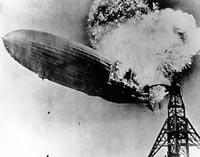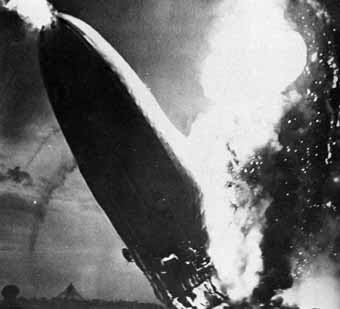davetheflyer
New Member
If anyone is interested, I found the following article on avweb.com. It looks like alternative fuels are possible, at least for light airplanes.
...And Tomorrow's Airplane Could Fly Gas-free
Meanwhile, in Worcester, Mass., a small group of entrepreneurs and engineering students is working to create an all-electric fuel-cell airplane. The ultimate goal: to fly with a hydrogen-powered fuel-cell system by 2004 -- quiet, efficient, emissions-free air travel. "If this were easy, somebody would have already done it," jokes Jim Dunn, executive director of the Foundation for Advancing Science and Technology Education (FASTec), the nonprofit group working in stages to develop the project, with help from NASA. The team is currently testing an electric motor mounted on a modified French DynAero Lafayette III two-seat kitplane, and recently began taxi tests. The next step will be to fly it with lithium ion batteries, perhaps as soon as this summer. The project will be on exhibit at Dayton's Inventing Flight celebration and at EAA AirVenture Oshkosh this summer.
...And Tomorrow's Airplane Could Fly Gas-free
Meanwhile, in Worcester, Mass., a small group of entrepreneurs and engineering students is working to create an all-electric fuel-cell airplane. The ultimate goal: to fly with a hydrogen-powered fuel-cell system by 2004 -- quiet, efficient, emissions-free air travel. "If this were easy, somebody would have already done it," jokes Jim Dunn, executive director of the Foundation for Advancing Science and Technology Education (FASTec), the nonprofit group working in stages to develop the project, with help from NASA. The team is currently testing an electric motor mounted on a modified French DynAero Lafayette III two-seat kitplane, and recently began taxi tests. The next step will be to fly it with lithium ion batteries, perhaps as soon as this summer. The project will be on exhibit at Dayton's Inventing Flight celebration and at EAA AirVenture Oshkosh this summer.




